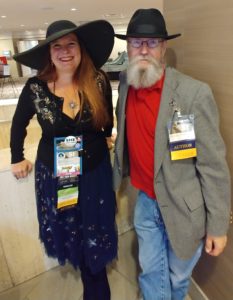

RITA ® Award-Winning Author of Fantasy Romance
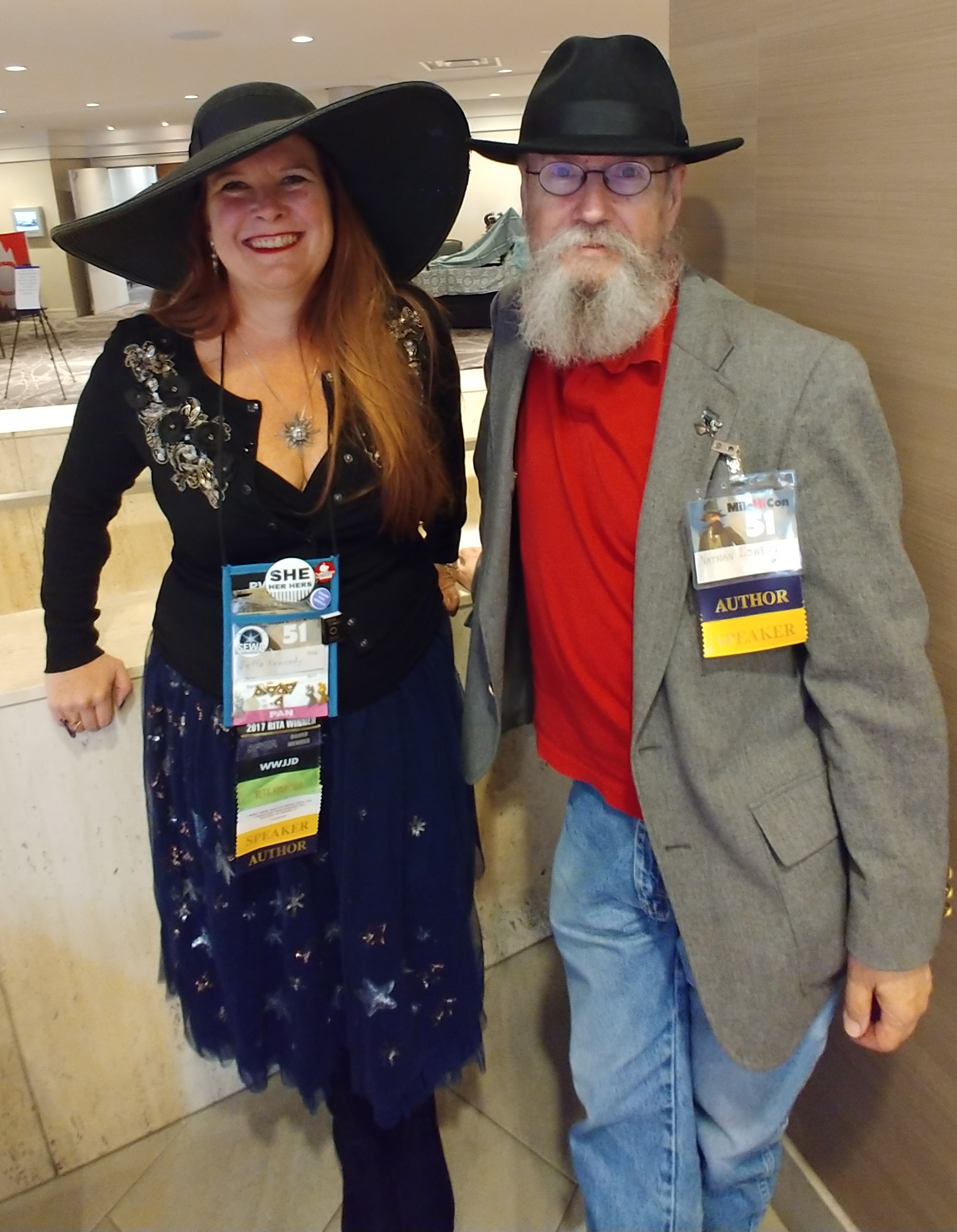






I put this photo on my podcast yesterday, but social media declined to show it, so I’m reposting! I spent time on Sunday lying in the sun and reading. The depthless blue skies were perfect for contrails, which seemed to appear from between my toes. Really lovely.
There’s been lots of talk on social media about the final season of Game of Thrones. Episode 4 aired on Sunday night (5/12/19) and there’s two episodes to go. While the battle scenes have been as epic and sweeping as promised, many people feel the show has gone off the rails. This is not the ending many of us hoped for.
Of course, all along, we were braced to lose beloved characters. The story created by George RR Martin has taught us well. Characters we love will die, sometimes suddenly, often brutally, and frequently without warning. He’s a master storyteller and he’s deliberately subverted the heroic fantasy tropes, enticing us to love and believe in a character, and then killing them suddenly. It’s so deftly done that, in retrospect, you can absolutely trace how the character’s personal flaws – hubris, naivete, etc. – lead to their untimely demise.
So, I don’t know about you, but I was braced. I had a checklist in my head of who’d be likely to do something stupid and die. I didn’t WANT to lose those characters but I accepted that it had to happen. Especially as the title of the show (which departs from the books) promises a life-and-death tournament leaving a single person on the Iron Throne. Also, as the story progressed, it became clear that the threat of the Night King and the devastating hordes from the frozen north posed a much greater problem than who got to be in charge. Former enemies became unlikely allies – in a tremendously satisfying way – to band together to face this world-killing threat.
I won’t go into details of how that aspect of the plot has failed our expectations of the dramatic progression of events. Instead I’d like to address why some of what’s going on feels so disappointing. It’s something I see happen a lot in TV and movies, especially long-running ones.
See, visual entertainment is necessarily plot driven. There’s a lot of reasons for this: visual narratives don’t allow for internal exploration of characters (which is why they sometimes resort to clumsy voice-overs); they appeal to a much wider audience that expects a faster pace of events with no “navel gazing;” and plot-driven stories are easier for a team of writers to produce. (They’re easily outlined in advance and produce clear dramatic beats.) I’d argue that this is why Romance seldom works in a visual narrative since love stories are character-driven.
Now, George RR Martin is a character-driven writer. Yes, the plot of the series (which is called A Song of Ice and Fire, which speaks much more to the Night King arc than the Iron Throne arc, just saying) has a complex set of plots and subplots, but they all arise from the character motivations. What the characters want drives the narrative. What happens in visual entertainment, when plot takes over as the primary driver of the story, is the character motivations can become subverted to serve the plot.
In other words, people suddenly stop acting like themselves and do things we don’t believe in order to advance the plot.
Sound familiar?
So, yeah, if your favorite Game of Thrones characters seem to be acting, well, out of character, it’s because they are. They’ve stopped being the complex, nuanced individuals (likable or not) that drew us into the story, and have become finger-puppet versions of themselves acting against a spectacular backdrop of dramatic plot.
Another example of this that will forever stand out in my mind is a late-season (this is a THING) episode of Buffy the Vampire Slayer, where Spike attempts to rape Buffy. It’s a clumsy scene, shocking – and was written specifically to address a rape-prevention week theme. Now, I’m all for preventing rape, education, and using story to reinforce that message. But for those of us invested in those characters, it was a total WTF moment. Spike nursed a soul-deep, unrequited love for Buffy (and we know she loved him, too), and he would NEVER have hurt her. It made zero sense. The plot made him into a paper cutout to demonstrate an issue.
As a character-driven writer, this drives me crazy. As a viewer once-invested in beloved characters that have been eviscerated into paper cutouts, I mourn. Really, I’d rather have wept over their deaths than see this happen to them. I’m not even sure I want to watch the last two episodes, frankly.
Anyway, it’s too late for the show. What’s done is done. But the takeaway for writers of all kinds is: RESPECT YOUR CHARACTERS AS PEOPLE. They are not puppets in your personal play, no matter how much you might feel like you are the god of your world. As creators and storytellers, we owe allegiance to the gift of these people entering our stories. We do them honor by listening to them.
To do otherwise fails us all.
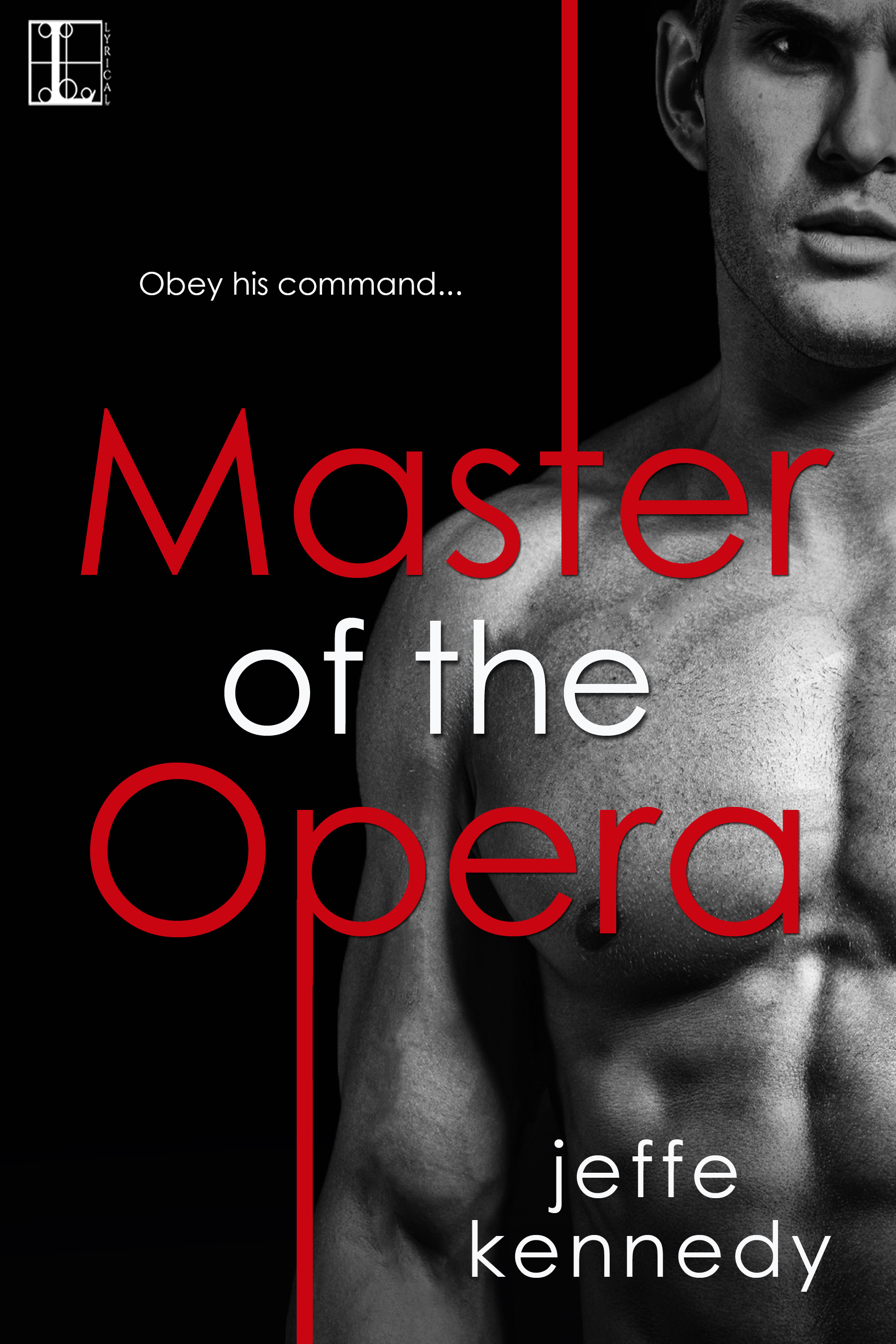
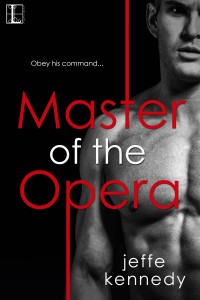
So, no. This isn’t really a new release at all. It’s barely a new format. Coincidentally enough, our topic at the SFF Seven this week is marketing suckering readers into reading a genre they don’t enjoy. Come on over to read more!




I’m just back from #WorldCon76, which was a whirlwind of great stuff. I caught a moment of downtime at the lovely Fairmont pool, including a much-needed nap.
This week at the SFF Seven, we’re asking “What are you most proud about with regards to your writing?” Come on over to read about mine.
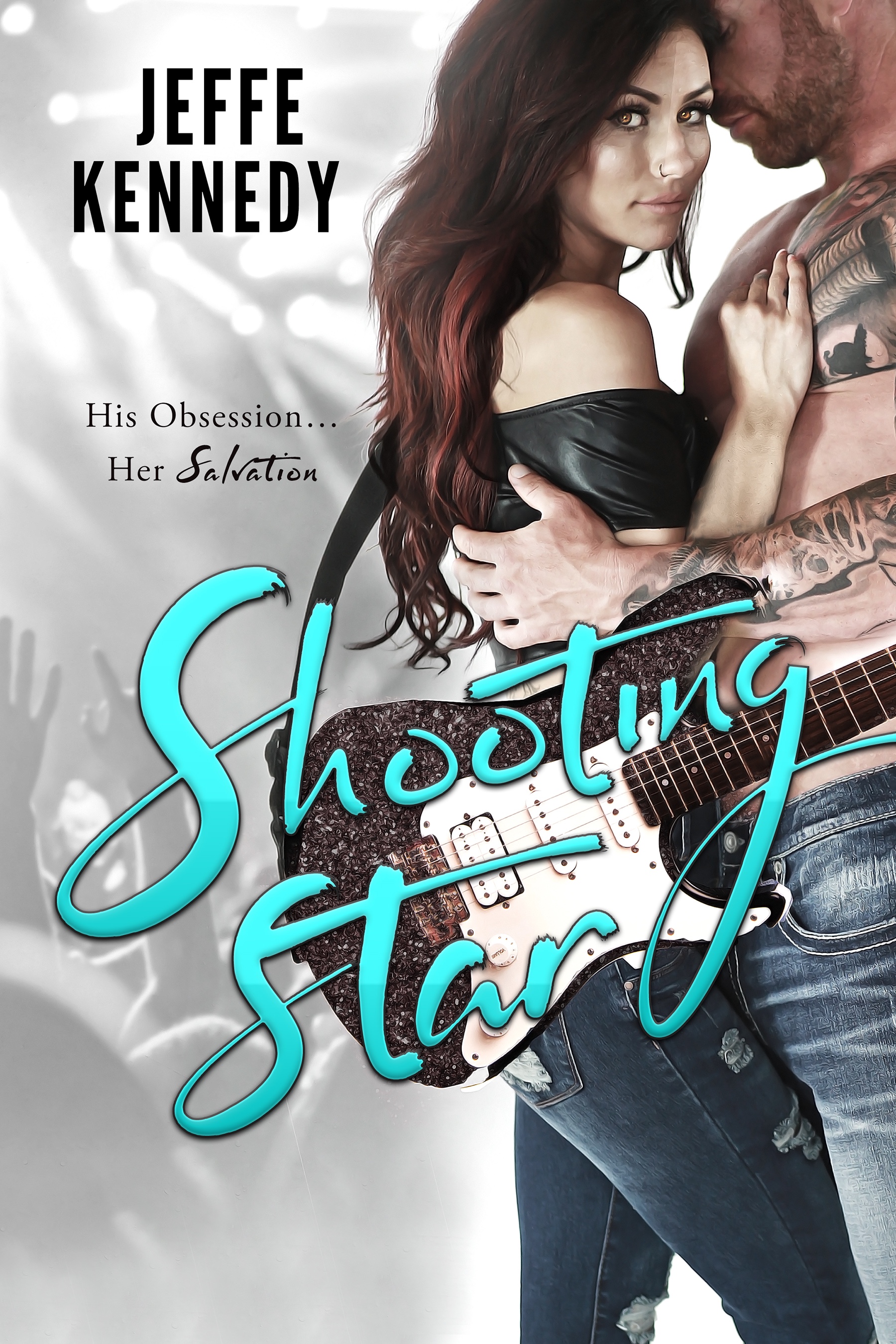

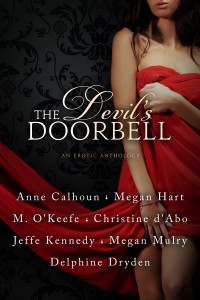 Today is the release day of THE DEVIL’S DOORBELL! Very cool to see the excitement out there about it. Also, working with this group of amazing, high-caliber and professional authors has been one of the highlights of my career so far. You ladies rock!
Today is the release day of THE DEVIL’S DOORBELL! Very cool to see the excitement out there about it. Also, working with this group of amazing, high-caliber and professional authors has been one of the highlights of my career so far. You ladies rock!
So, I’ve been stewing on this post since I saw Star Wars: the Force Awakens. OBVIOUSLY this post will contain spoilers. You all have had six months to see the movie, so I figure any spoilerage is on you at this point *and* you’ve been warned. It does affect your experience of the movie. After all, my own mother spoiled it for me as I talked to her on the drive down to Albuquerque to see the movie with a friend – after I’d avoided spoilers for WEEKS!
Alas.
(Also, I seem to have gotten quite worked up writing this post, so the F-bombs are flying. Be warned.)
Anyway, The Force Awakens (TFA) opens many years after The Return of the Jedi finishes. Luke has disappeared to parts unknown, Han and Leia consummated their love affair long enough to birth and raise (for an unspecified period of time) their son, Kylo Ren. He’s an emo dude who ran off at some point to take up Darth Vader’s megalomaniacal legacy. Because of some vague disagreement over their bad boy son, Han and Leia broke up and have lived apart for *years*. She’s been key in the ongoing rebellion leadership (which is super-cool; more of this, please; yes yes yes) and Han went off to … I dunno. Scavenge around the galaxy with Chewie? That part wasn’t terribly clear to me.)
I should caveat here that I am decidedly NOT a follower of the Star Wars overall canon. I’ve never read any of the books written around the franchise, or anything else. I’ve seen all the movies, but that’s it. I’m aware that people write about and discuss all kinds of story threads not in the movies, but I don’t know anything about them.
ANYWAY… this seriously stuck in my craw. Yes, it’s a great moment when the movie’s central heroine and hero run into Han and Chewie, and it’s a lovely moment of reunion when Han and Leia see each other again, but is it worth this backstory of their long separation?
No.
No no no.
And you know why this annoys me so greatly?
Two reasons: because it’s facile storytelling and because it transmits SFF’s contempt for romance.
Allow me to unpack a little.
Why have Han and Leia be long-separated at the beginning of the movie? To add conflict. I can’t think of another reason. (Enlighten me if you have one.) To me this reads as screenwriting shorthand: separate the lovers so that you can have the tension of their old differences and the simmer of sexual tension renewed. Because Hollywood thinks you can’t have an established love affair AND sexual tension.
Also I think Hollywood believes that long-term relationships can’t last happily, which is part of their contempt for romance. In most movies with romance, the focus is entirely on the establishment of the early relationship – as with Han and Leia in Episodes IV-VI – and rarely on a long-term relationship. When a movie IS about later in the relationship, it’s nearly always about trouble. Conflict, doncha know.
So, I suspect the screenwriters didn’t give much thought to the possibility of having Han and Leia having been together all those intervening years. They just tossed out that, oh no! They separated acrimoniously because their son was a shit head. Because this does in so many marriages, right?
That annoyed me, too. Han and Leia are both strong-minded people who’ve endured great losses in their lives and emerged scarred but victorious. And we’re to believe they could not preserve their great passion for each other, that their love and loyalty that survived the worst pressures simply crumbled because they couldn’t agree on their grown son doing stupid, disappointing things?
Talk about undercutting two truly great characters. Which brings me around to the contempt for romance.
I could be wrong, but I doubt it occurred to anyone working on the movie how this change in trajectory affects our long-held feelings for Han and Leia. All these many years since Return of the Jedi, I’ve had them in my heart living Happily Ever After. Sure, fighting the Empire and various scourges of civilization, but TOGETHER. Side by side. Heroic partners in life. Enjoying at least that much joy, which is the WHOLE FUCKING POINT OF TRIUMPHING OVER AN EVIL EMPIRE IN THE FIRST PLACE.
*deep breath*
Did I mention this annoyed me?
Basically this movie told us that there is no happiness. Even Han and Leia don’t get to have it.
Worst of all, Han dies, so they’ll never be together again. Even though they reconcile (and it IS a lovely scene), there’s not even a kiss. He dies. Leia soldiers bravely on, alone. (She’s an older woman now, so she wouldn’t be interested in having sex again anyway.)
Don’t get me wrong – I’m thrilled to pieces that it looks like Carrie Fisher will be back to play Leia in perhaps an even greater role as a general in the rebellion in the next movies. (Which I wonder if the movie folks had planned on before they saw the *overwhelming* “Fuck-Yeah, General Leia” response.) However, I Am Not Pleased that she seems to be relegated to crone status.
But, hey, it’s SFF action/adventure and who cares about mushy stuff beyond the occasional dirty-hands, smexy kiss?
Oh yeah. We do.
And you know what? We can have both. Let’s get out there and write those damn stories.
 I got this photo the other day, on the autumn equinox. Maybe it’s the Celtic ancestry, but I love to commemorate the solstices and equinoxes. Part of marking the journey of the year.
I got this photo the other day, on the autumn equinox. Maybe it’s the Celtic ancestry, but I love to commemorate the solstices and equinoxes. Part of marking the journey of the year.
Last spring, at the RT Convention, I gave a workshop on Walking the Line of Consent. (I also teach it online or can visit to give it – description here.) This is a topic I’ve been interested in for a long time, one that I’ve written and talked about a fair amount. And one I’ve gotten grief for. In fact, when I proposed this workshop, a couple of author friends warned me against doing it. They said I might get myself in trouble.
And the RT book reviews website asked me to write a short article about my thoughts on the topic, which generated good conversations. Another author, however, started a bit of a witch hunt among her followers against me, making me out to be a terrible person for championing anything less that full consent.
Which I do, in real life. I maintain that fiction is something else, a place where all fantasies are acceptable.
At any rate, the workshop went off amazingly well. A gratifying number of people attended and they all stayed for the whole thing! After the fact, one of the gals who attended, , contacted me and said she was writing an article on the topic for Aeon Magazine, and asked if she could quote me since I said such smart things about it.
How could I say no to that?
So today the article came out and it’s so good. She articulates a lot of the same ideas I’ve had about romance novels for most of my life. In an era where the media loves to sling about terms like “bodice ripper” and “mommy porn,” just to up the click rate, it’s terrific to read something both smart and romance-positive.
I’m flattered to be included!